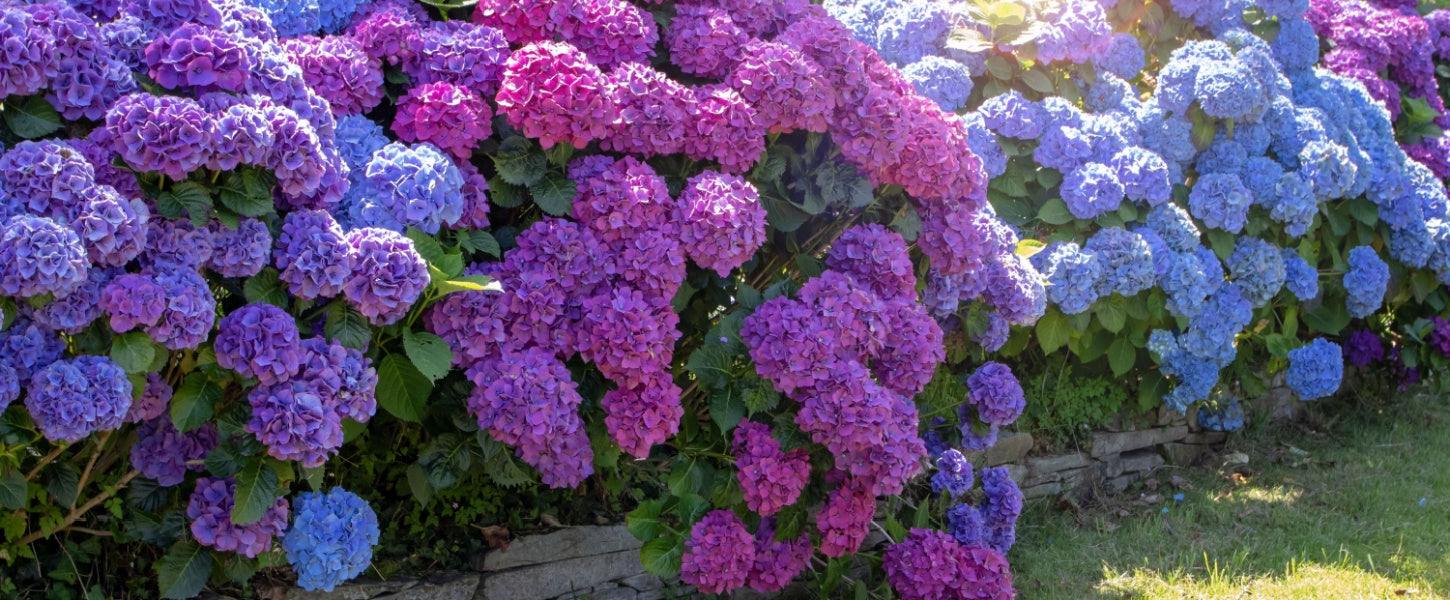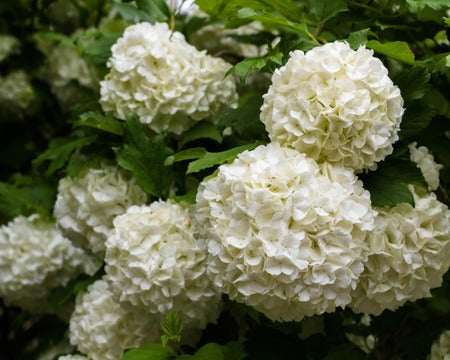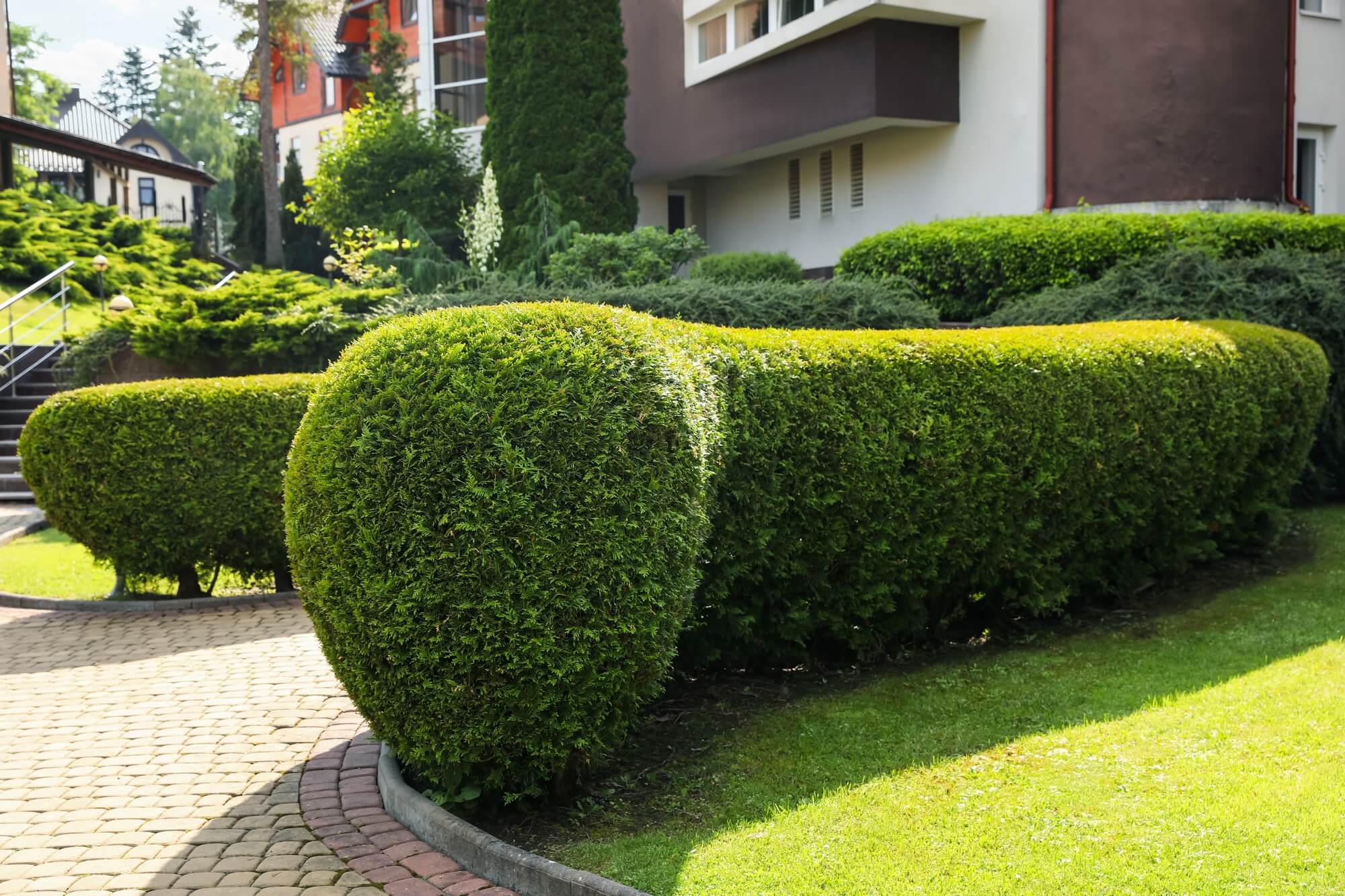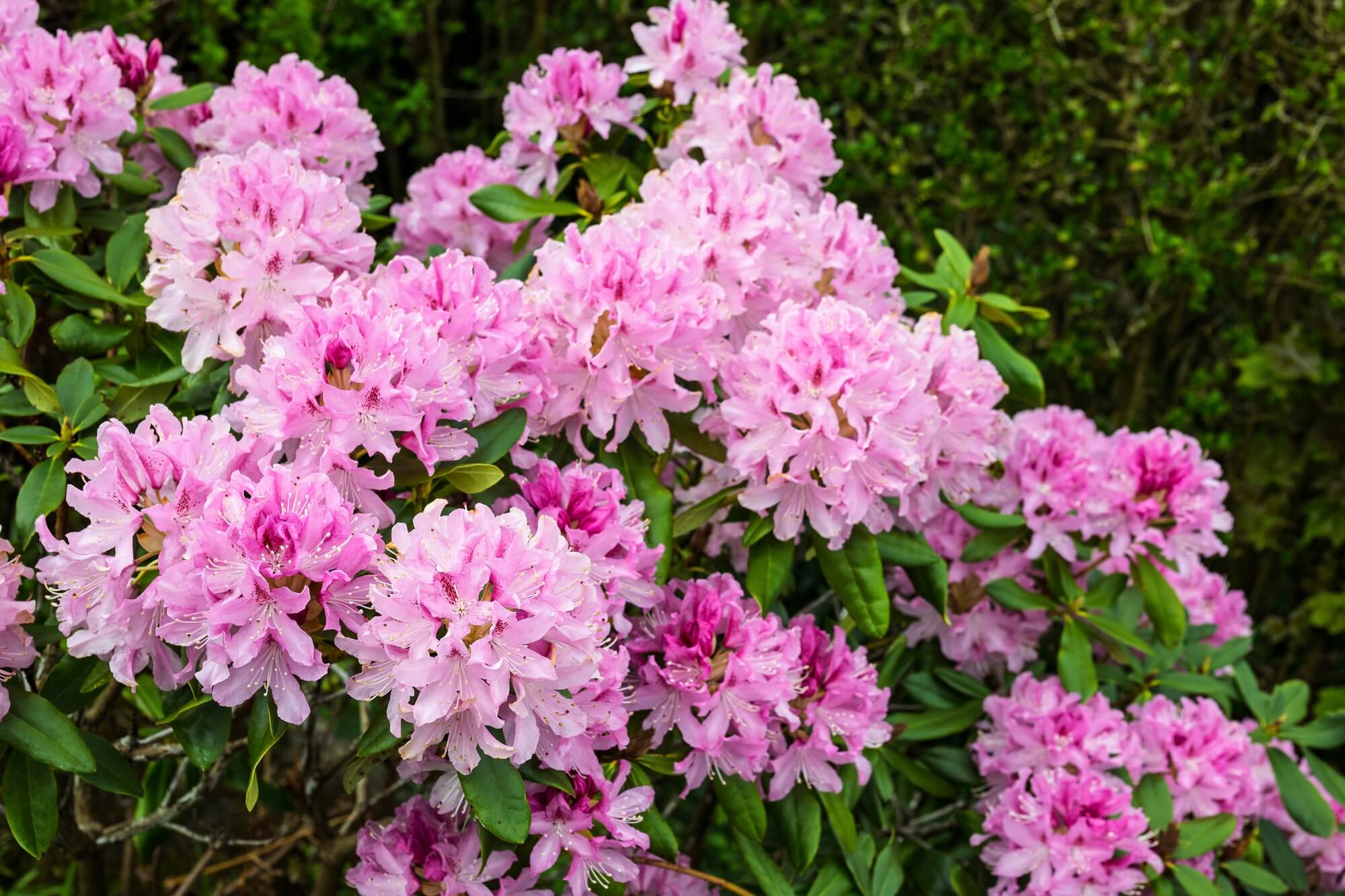Shrubs are considered the backbone of finer gardens
Shrubs add privacy, texture, and beauty in landscaping. Whether lining a walkway, softening a fence line, or creating a backyard retreat, they provide lasting structure and dependable beauty. TN Nursery only grows native plants that are low-maintenance, sustainable, and disease- and pest-resistant, making them highly sought after by our customers.
Find the Perfect Shrubs for Your Landscape
At TN Nursery, we grow a selection of hardy, premium plants ready to thrive in your soil and climate. Our offerings include flowering varieties for bold seasonal color, evergreen varieties that stay lush through winter, and native species known to support birds, bees, and butterflies.
Popular Shrub Varieties We Offer:
- Privacy – Natural barriers that block noise and prying eyes.
- Flowering – Vibrant blooms that enhance curb appeal.
- Evergreen – Reliable color in every season.
- Native – Adapted to thrive with less water and maintenance.
Why Buy Shrubs Online from TN Nursery?
Every plant we ship is grown with care and expertise, packaged for safe transit, and carefully selected to thrive in real-world landscapes, not just catalogs. Whether you need a few plants to fill a garden bed or are designing from scratch, we have shrubs for sale to fit your style and budget.






























